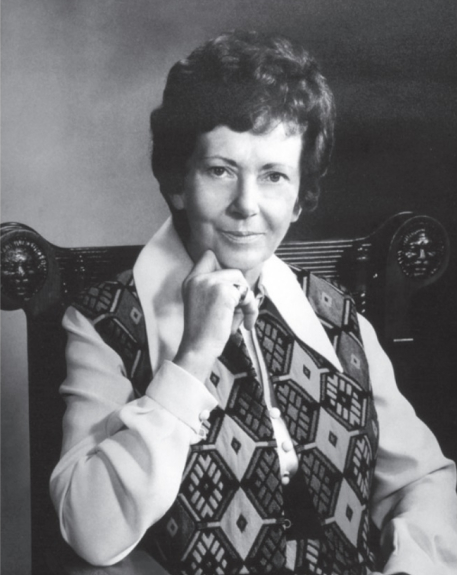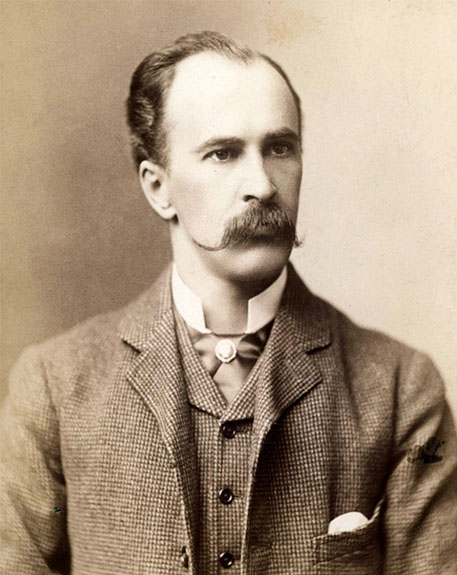1995 INDUCTEE Herbert Jasper, MD PhD Brain & Mind, The Early Days - Health Care Pioneers
July 27, 1906
(La Grande, Oregon)
March 11, 1999
PhD, University of Iowa (1931)
PhD, University of Paris (1933)
MD, McGill University (1943)
1996: Grand Officer of the National Order of Québec
1995: Albert Einstein Award, World Culture Council
See All AwardsAwards & Honours:
1996: Grand Officer of the National Order of Québec
1995: Albert Einstein Award, World Culture Council
1985: McLaughlin Medal, Royal Society of Canada
1982: Karl Spencer Lashley Award
1981: Ralph W. Gerard Prize in Neuroscience
1972: Order of Canada
Prix scientifique du Québec
Milken Prize, American Epilepsy Society
FNG Starr Award, Canadian Medical Association
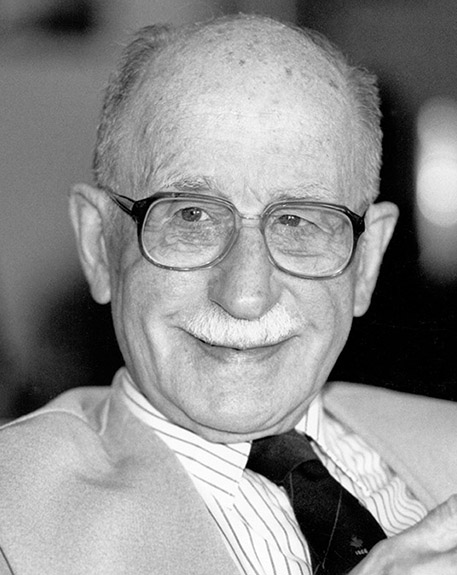
Pioneered the use of EEG for the study of electrical activity of the brain
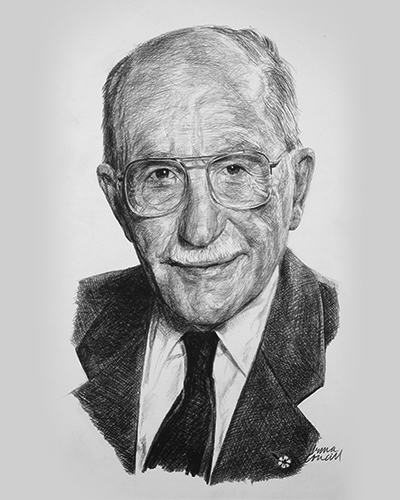
A founding father of 20th century neuroscience
Throughout his distinguished career, Dr. Herbert Jasper displayed brilliance in psychology, chemistry, anatomy and physiology. He successfully combined these disciplines in his exploration of the human brain to make seminal discoveries in neuroscience. Through his leadership, he has had a profound influence on the field of neurology around the world. In his pursuit to understand the intricate mechanisms of the human brain, Dr. Jasper firmly believed in collaboration and an international, multi-disciplinary approach to scientific research. To support this vision, he was instrumental in establishing the International Brain Research Organization to facilitate the international exchange of scientific information related to brain research.
Key Facts
Conducted the notable study of individual cell activity via microelectrodes to monitor the activity of single neurons and their contributions to EEG rhythm
Along with Wilder Penfield, published a ground-breaking book Epilepsy and the Functional Anatomy of the Human Brain
Was the first President of the International Federation of Societies for Electroencephalography
Nominated for the Nobel Prize in 1953
Awarded six honorary degrees
Professional timeline
Impact on lives today
Each year in Canada, 15,500 people learn they have epilepsy. For these thousands of individuals, the pioneering work of Dr. Jasper has helped the medical and scientific community better understand and treat their condition. In addition, the organizations and institutions that Dr. Jasper help to build ensure that epilepsy research will continue to grow into the future. Today, the Montreal Neurological Institute is the largest training center for neuroscience in Canada and the Basic Mechanisms of Epilepsy Project continues to bring together neuroscientists and researchers from around the world to discuss new directions for epilepsy research.
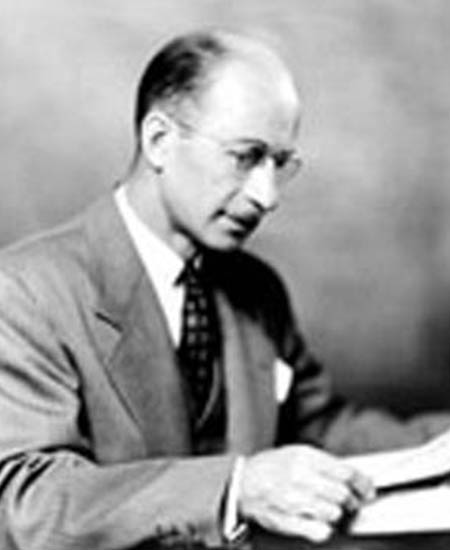
1995
-
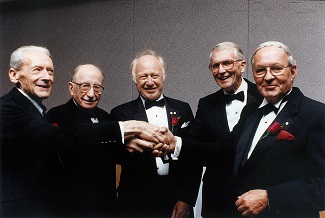
Herbert Jasper inducted into the Canadian Medical Hall of Fame
Pictured L-R: Inductees Charles Leblond MD, Herbert Jasper MD PhD, Michael Smith PhD, Henry Barnett MD, Robert Salter MD at ceremony in London, Ontario
-

Dr. Jasper joined the Université de Montréal and the newly formed Centre de recherches en sciences neurologiques
Health and Medical Education & Training, Brain & MindAs a professor of physiology, he continued his research on epilepsy as well as began to study the neurochemistry of sleep.
-
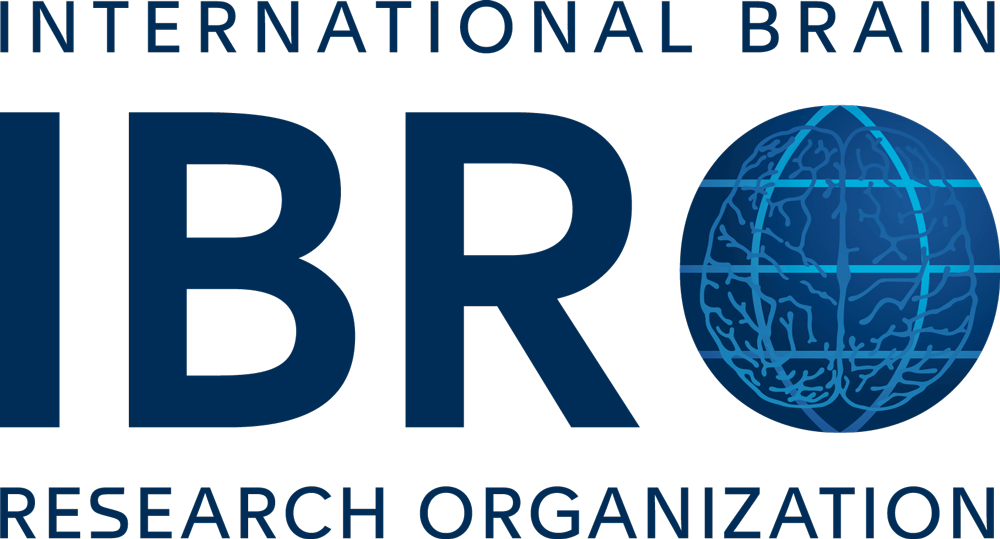
The International Brain Research Organization was established
Leadership in Organizational Development, Brain & MindDr. Jasper was appointed the Executive Director and moved to Paris to for one year to oversee its development.
-
Over the next two decades, Drs. Jasper and Penfield studied epilepsy and worked to develop functional maps of the human brain
Brain & MindWith his incomparable expertise in electrophysiology, Drs. Jasper and Penfield were able to locate the sources of electrical seizures in patients with epilepsy, as well as in patients with brain tumours or injuries.
-
The EEG Department at MNI opened in January of 1939
Brain & MindWithin 15 years, the laboratory was joined by over 100 research fellows. Herbert Jasper also began his study of medicine.
-
After inviting renowned neurologist Wilder Penfield to visit and lecture at Brown University, Drs. Jasper and Penfield began a life-long collaboration
In 1938, Dr. Penfield invited Dr. Jasper to join the Montreal Neurological Institute to establish MNI’s EEG Department.
-
While working on his University of Paris thesis, Herbert Jasper set up one of the first clinical electroencephalograph labs at Brown University
Brain & MindIn 1935, he published the first American paper on the measurement of electrical activity of the brain.
-

Earned his first PhD from the University of Iowa in 1931
He then received a Rockefeller Fellowship to study neurology at the University of Paris.
1931
Jasper’s work, teaching and leadership have had a profound impact on neurology.

